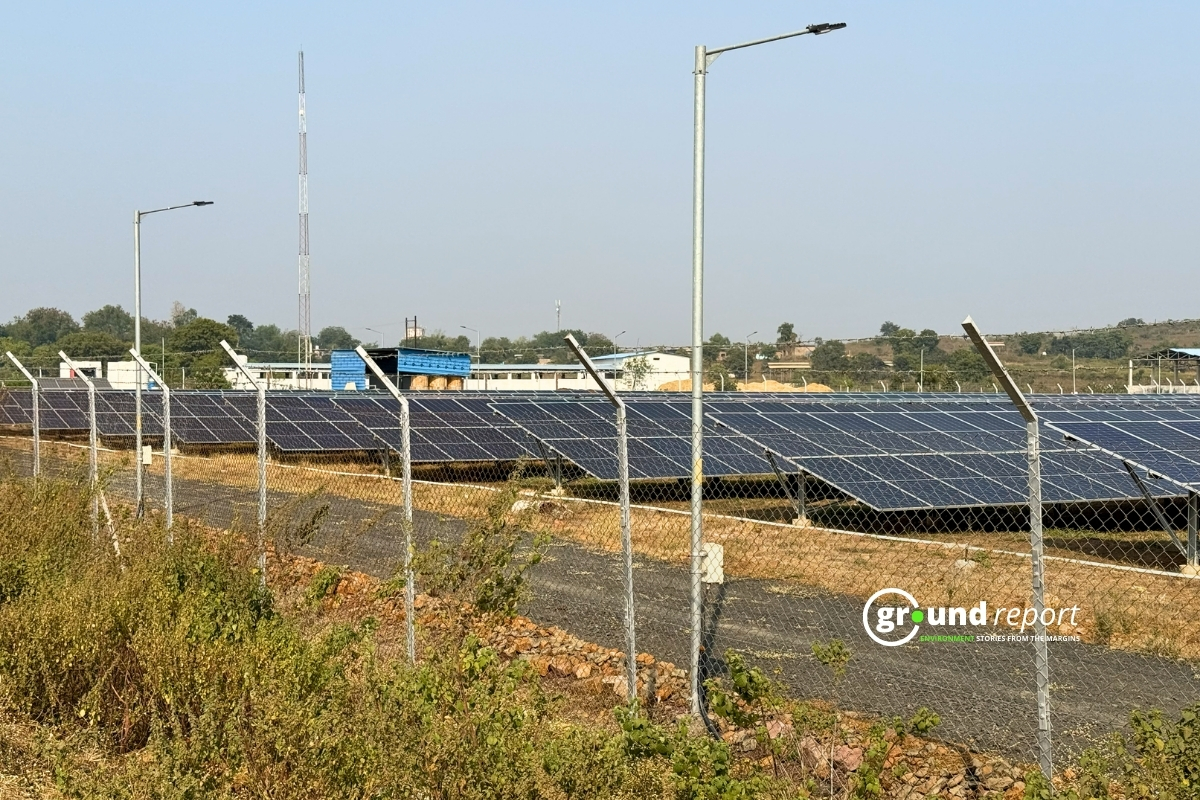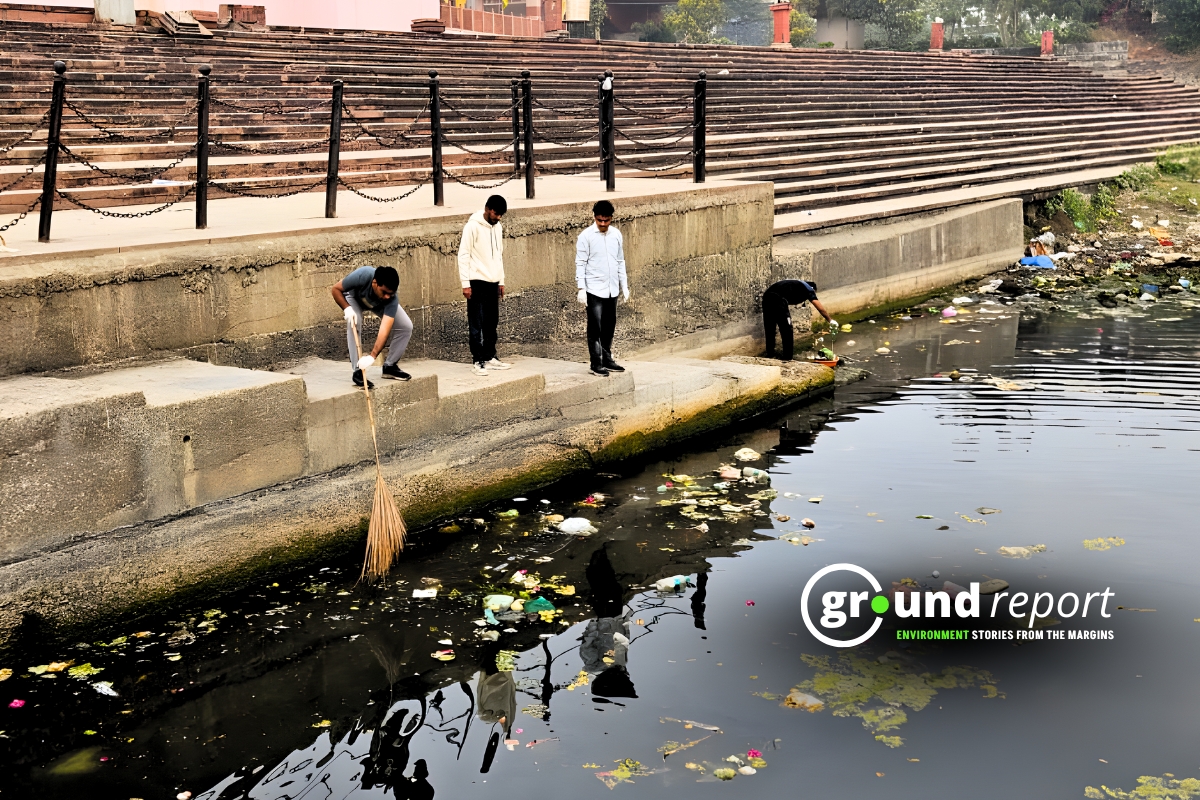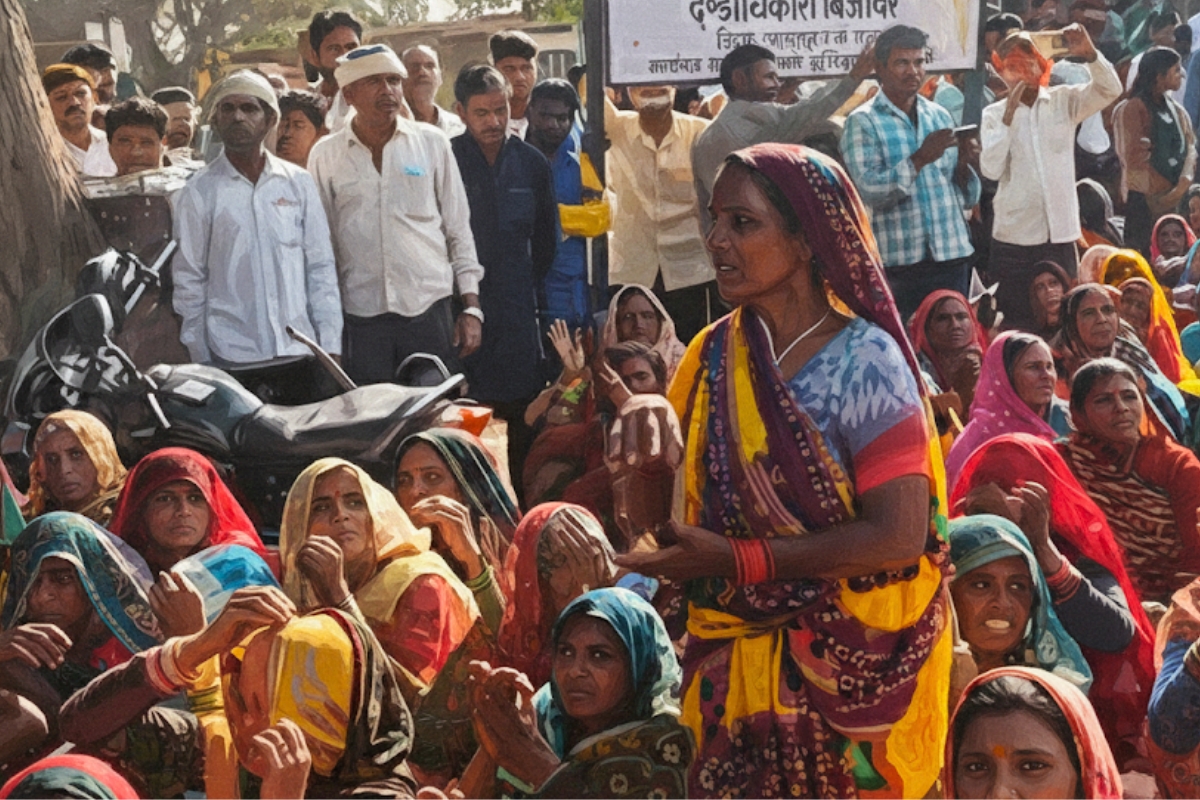Antibiotics are critical drugs used to fight bacterial infections in humans and animals. However, the overuse and misuse of antibiotics in medicine, agriculture, and aquaculture have resulted in the emergence of antibiotic-resistant bacteria. Antibiotic-resistant infections kill an estimated 700,000 people each year globally. Further, the number is projected to rise to 10 million by 2050 if urgent action is not taken. In addition to this alarming trend, recent studies have shown that antibiotics are contaminating rivers worldwide. This poses a significant threat to public health. This article aims to explore the extent of the problem and its potential consequences.
Extent of Contamination
A study conducted by researchers from the University of York found that antibiotics were present in 65% of the rivers monitored worldwide. The study analyzed water samples from 711 rivers in 72 countries across six continents and found antibiotics in 111 of them. The highest levels of contamination were found in rivers in Asia and Africa, where antibiotics are widely used in agriculture and aquaculture. However, even rivers in Europe and North America, where regulations on antibiotic use are stricter, were not spared. Another study published in the journal Frontiers in Environmental Science found that antibiotics were present in all 123 river water samples collected from across the United States.
Cause
Antibiotic contamination in rivers can be attributed to several factors. One of the primary causes is the discharge of untreated wastewater from sewage treatment plants, hospitals, and pharmaceutical industries. These facilities release antibiotics, antibiotic-resistant bacteria, and antibiotic-resistant genes into rivers, creating a breeding ground for superbugs. Another significant contributor is agricultural and aquaculture practices. Here, antibiotics are used as growth promoters and disease preventatives. The run-off from farms and aquaculture ponds containing antibiotics contaminates nearby water bodies, which ultimately find their way into rivers.
Consequences
The presence of antibiotics in rivers has several potential consequences for public health. Firstly, it contributes to the spread of antibiotic-resistant bacteria, making infections harder to treat. Secondly, it can lead to the emergence of new strains of antibiotic-resistant bacteria, which can transfer antibiotic resistance genes to other bacteria, leading to a global spread of superbugs. Thirdly, it can harm aquatic life, leading to ecological imbalances. Finally, it can compromise the quality of drinking water, especially in areas where rivers are a significant source of drinking water.
Conclusion
Antibiotic contamination in rivers is a global threat to public health that requires urgent action. Governments, industries, and individuals must take responsibility for reducing the discharge of antibiotics into rivers. This can be achieved by implementing regulations on antibiotic use, investing in better wastewater treatment facilities, and adopting sustainable agricultural and aquaculture practices. Failure to address this issue could have dire consequences for public health and the environment.
Keep reading
- “Muddy Watergate”: locals fear contaminated water in Ghaziabad
- Shocking! Several lakes and beaches in Goa polluted with sewage
- Managing risks in the entire Water Supply: Tips and Strategies
- NGT orders compliance with waste rules in Chhattisgarh
Follow Ground Report for Climate Change and Under-Reported issues in India. Connect with us on Facebook, Twitter, Koo App, Instagram, Whatsapp and YouTube. Write us on GReport2018@gmail.com.









